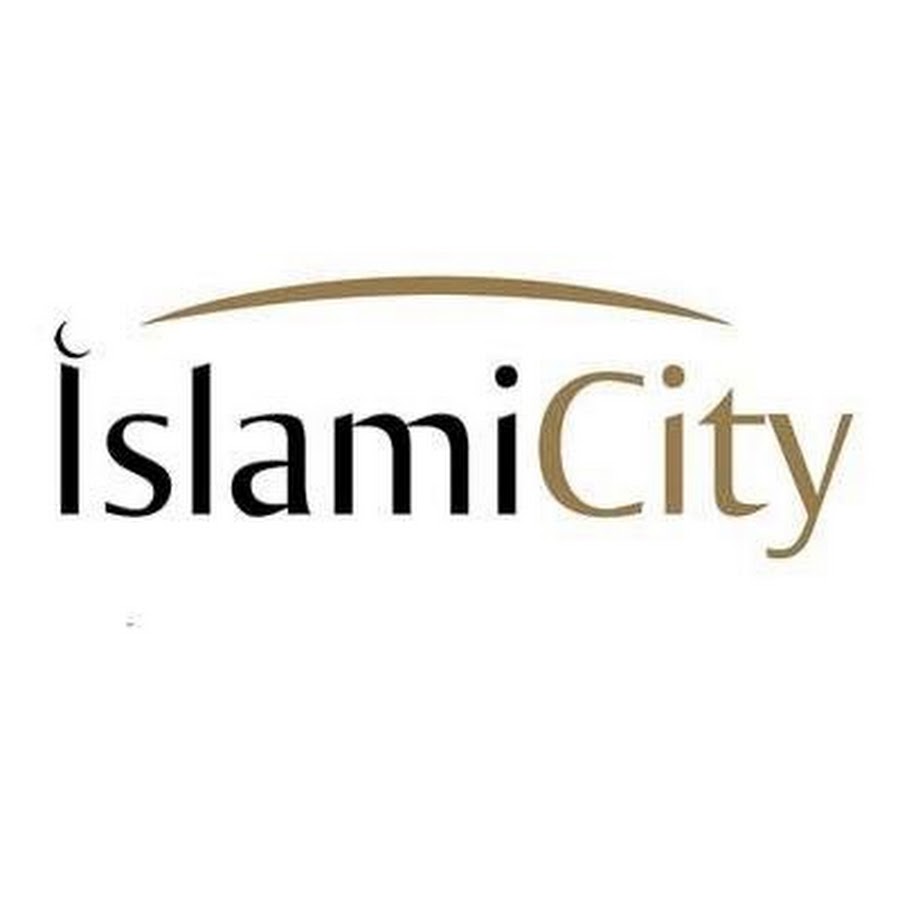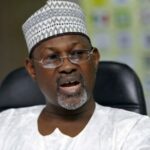On 21st September 2019, Islamicity Foundation published its 2018 comprehensive country reports for Islamic countries. Islamicity indices are metrics that measure a country’s compliance with Islamic teachings to assess its overall performance. The indices captured Islamic teachings in the Quran and Sunnah on topics like justice, freedom, poverty and equality of justice. These topics are aggregated to provide a comprehensive index on economic, political and human rights conditions of a country.
Nigeria’s Islamicity index in 2018 was among the worst performers in Muslim countries considering the median rankings of the three groupings it belongs (All countries, OIC countries and West African Countries), as revealed from studies. Nigeria fared worse than all in the categories. Its rankings fell even lower than that of the median rankings of West African countries. (Lower than all and OIC countries).
Findings show that the median scores comparisons for all countries, OIC countries and Nigeria. It could be seen that the scores for Nigeria fell lower than that of global and OIC countries in areas of overall Islamicity (OI), legal and governance Islamicity (LGI), Human and political rights (HPRI). It’s scoring, however, came very close to OIC countries. Similarly, in the international relation index (IRI), its scores almost caught up with the global median scores (4.87 for Nigeria against 5.03 for the world).
The performance of Nigeria to other countries is not impressive when compared to other countries in the grouping. Its scores only improved in EI and LGI having increased by 9.56% and 8.8%, respectively. The lowest performance was realized in OI, HPRI and IRI. This is not surprising as the country still suffers from economic challenges such as unemployment, the slow and inefficient legal system, poor institutional structure, the multitude of insecurity challenges ranging from kidnappings to clashes between farmers/herders. All the aforementioned issues together contributed to the poor performance in OI, HPRI and IRI.
In comparison, in ranking between 2018 and 2017. Only EI improved by 7 spots with OI, LGI, HRI and IRI having a drop in performance. The worst performance is seen in international relations with the most declines (42%). However, when scores are considered, it made a slight improvement in EI and LGI, an indication of gradual systemic progress in the country’s political and economic structure.
For EI, it made impressive improvement in both scores and ranking, with a median score increase of 9.6% faring relatively with other OIC countries. With regards to the ranking, it was ranked 7th, which made it record an improvement in OIC country.
In LGI, it has made significant increased performance, which catapulted it into the top 10 in scores. It only ranks fifth behind Kyrgyz Republic, Pakistan, Mauritania, and Ukraine with an increase of 8.8%. However, its ranking slightly drops by 1 per cent, making it among the least drop among others with similar ranking.
Nigeria’s performance in IRI is among the worst among Muslim countries with a decline in scores and rank by 22% and 42 respectively. When compared with other Muslim countries, its performance was better than the worst performing Muslim country like Libya, with a significant drop in score by 81% and ranking by 105.
As a way of improving these aforementioned problems, a more socially inclusive government strategy needs to be followed. The teachings of Islam both in the Quran and Sunnah need to be followed, especially in the areas of governance. The institutional structure needs to be overhauled to build a society where peace and harmony prevails.
In conclusion, this report highlights the improvements and declines in performance made by Nigeria in the Islamicity ranks and scores discussed. Although some slight improvements were realized in the areas of the economy, legal and governance Islamicity. There is, however, a decline in the Overall, Human and Political Rights and International Relations Islamicity, which suffers the most.
This suggests that a lot needs to be done by the government, especially in areas of security and governance. Most of the on-going security challenges faced by the country are the result of a high degree of inequality of opportunity among the citizens. As Islam preaches justice and fairness in all walks of life, the government should create more and equal opportunities for its citizens to share economic prosperity. This will go a long way to create a lasting peace, harmony, hence, improved economic efficiency and productivity.
Fatima Muhammad Abdulkarim (PhD) is a country partner (Nigeria) for Islamicity foundations and can be contacted at [email protected]

 Join Daily Trust WhatsApp Community For Quick Access To News and Happenings Around You.
Join Daily Trust WhatsApp Community For Quick Access To News and Happenings Around You.


